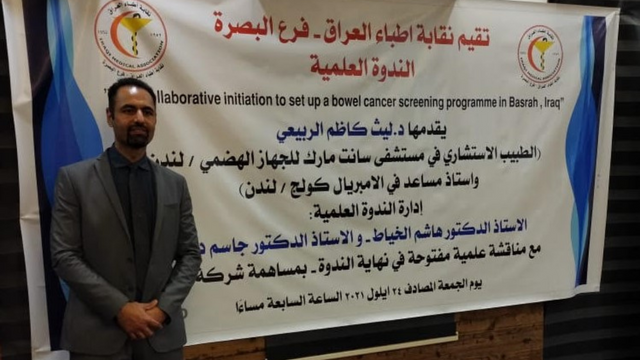
International Committee Project: Using UK expertise to facilitate setting up for colorectal cancer screening programme in Basra, Iraq
A BSG-funded project led by Professor Laith Al-Rubaiy, Zonal Lead for Middle East and North Africa, BSG International Committee; Consultant Gastroenterologist, St Mark’s Hospital, London.
In the years following his visit to Basra for the Basra Medical School’s 16th International meeting in 2019, Professor Al-Rubaiy and his team returned to conduct a research study to better understand the current colorectal cancer screening practice and perceived barriers.
The World Health Organisation (WHO), Iraqi Cancer Board, and the Iraqi Ministry of Health regularly publish cancer incidence and mortality rates. Data collected by the Iraqi Cancer Board in 2018 identified colorectal cancer (CRC) as the seventh most common type of cancer among both male and female Iraqis, with around half of cases diagnosed in those aged 40-59 years.
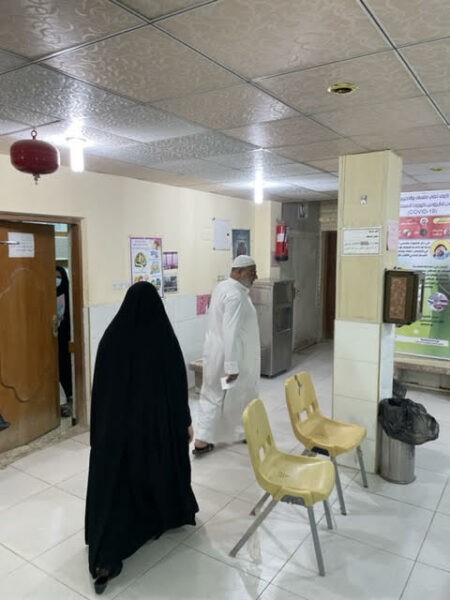
There is no established bowel cancer screening programme in Basra, let alone in Iraq itself. Opportunistic colonoscopy surveillance is done on an ad-hoc basis. The project set out to find ways to introduce better practice and integrate a Bowel Cancer Screening Programme (BCSP) programme using UK expertise.
A pre-visit online survey of clinicians tested the project's feasibility, whilst a public survey was conducted to understand and gauge the general knowledge and perceived barriers to having colorectal cancer screening.
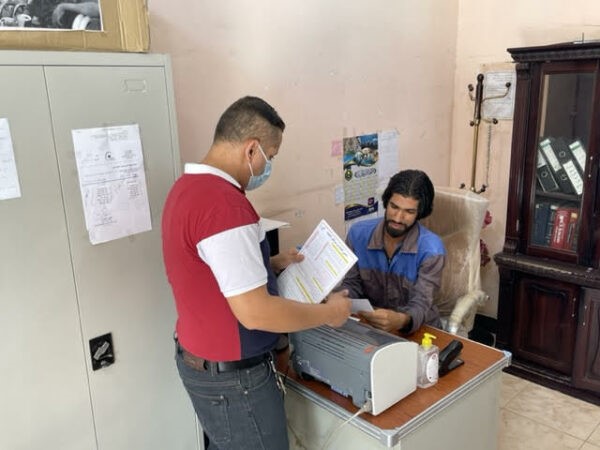
A total of 350 individuals completed the public survey, which showed that more than 50% of participants were not familiar with the concept of a BCSP and less than 25% were aware of “red flag” symptoms of bowel cancer.
The delivery of a multidisciplinary meeting for bowel screening colonoscopists, including a roundtable discussion, followed, and a training workshop using UK training materials was held in conjunction with the Iraqi Medical Association.
Surveys highlighted potential barriers, including lack of public awareness and insufficient training resources, which could be addressed in any future screening programmes. Several potential areas for future collaboration to support the development of a BCSP centre in Basra were also identified.
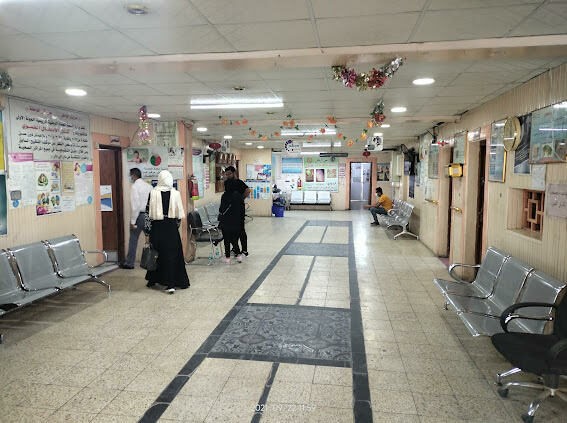
Using bowel cancer screening standards and referral protocols based on BSG guidelines, this project has raised public awareness and understanding of the importance of screening for bowel cancer and reporting red flag symptoms in Iraq.
The full report of the outcomes of this visit, giving the names of individuals involved, can be found here.
This is yet another collaborative project that demonstrates the importance of the BSG’s international work across the world, as shown in the strategy document here.
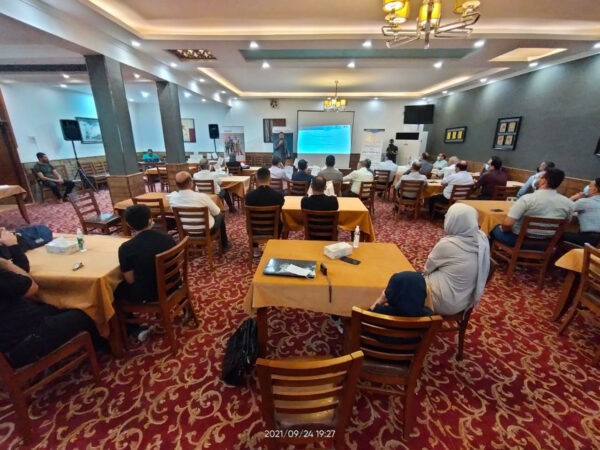
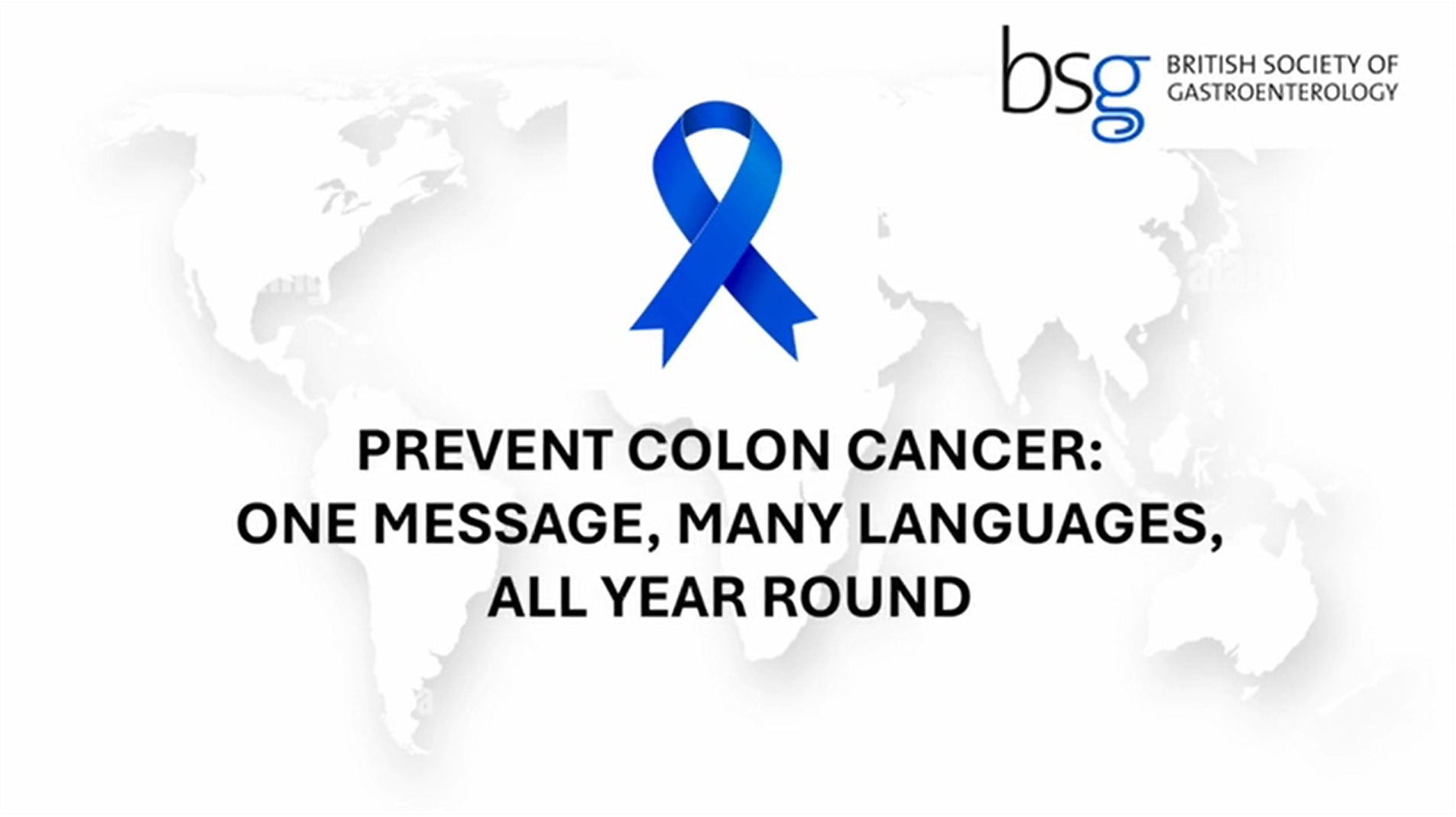
BSG International: Colon Cancer Screening Awareness
The BSG International Section is proud to raise awareness about colorectal cancer through a multilingual video featuring our members from around the world. Early detection saves lives—let’s spread the message far and wide!
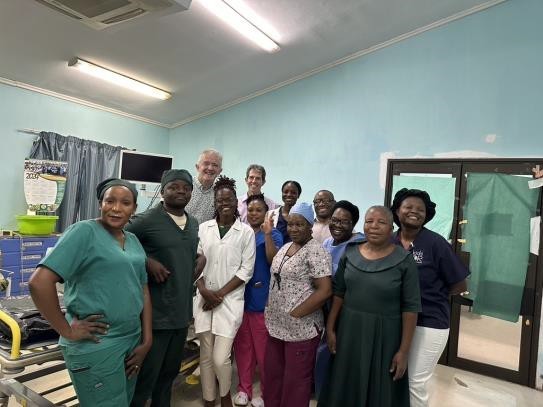
International Grant Report: Malawi Endoscopy training visit report
After arriving in Lilongwe, we visited KCH and met the local Endoscopy team including Mr Chipilimo and the two senior local trainees who had both undertaken <5 endoscopies previously but had been identified by senior clinicians for Foundation endoscopy training at the unit. We spoke with them regarding their current work, resources and requirements and donated endoscopic equipment from Glasgow.

International Grant: Malawi Hepatology Training Course Report
With the generous support of a grant from the British Society of Gastroenterology we organized a training conference: the Third Conference on Liver Disease in Malawi. We provided travel and accommodation for delegates from all over Malawi, ranging from Karonga in the far north to Chikwawa in the South
